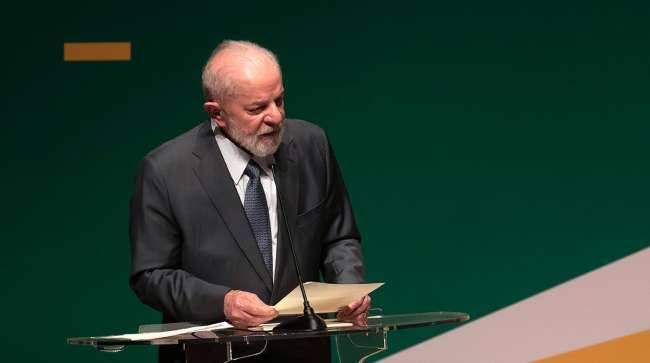Brazil’s government approved its entry into OPEC+, a group of oil-exporting nations. The decision comes just months before Brazil hosts the UN climate summit, COP30, in November. The National Council for Energy Policy accepted the invitation extended in 2023.
OPEC+ consists of 12 OPEC members and 10 other major oil-producing countries. Russia is the largest non-OPEC member. Brazil will participate in the group’s discussions but will not have binding obligations, such as production cuts. Mines and Energy Minister Alexandre Silveira described the participation as “a forum for discussing strategies among oil-producing countries.”
Brazil’s Growing Role in Global Oil Markets
Brazil is the world’s seventh-largest oil producer, pumping about 4.3 million barrels per day. In 2024, crude oil surpassed soy as the country’s top export product, making up 13.3% of foreign sales.
President Luiz Inácio Lula da Silva has balanced environmental commitments with expanding oil production. His administration has worked to curb Amazon deforestation while pushing for increased oil revenues to fund renewable energy projects.
Drilling Near the Amazon Draws Criticism
Lula has pressured Brazil’s environmental agency to approve exploratory drilling near the mouth of the Amazon River. This biodiverse region is home to many Indigenous communities and unique ecosystems.
Environmental groups strongly oppose the move. Suely Araujo, a spokesperson for the Climate Observatory, said Brazil’s OPEC+ membership is “another sign of the government’s setback.” She criticized the focus on fossil fuel exploration, calling it “a solution from the past.”
Tension Between Oil Growth and Climate Goals
Hosting COP30 makes Brazil’s increased oil production a controversial issue. The summit’s primary goal is to push for reduced fossil fuel consumption. Critics argue that joining OPEC+ sends the wrong signal about Brazil’s commitment to climate action.
Lula’s government insists that oil revenue can drive economic growth and fund green energy investments. Minister Silveira emphasized that Brazil should not be ashamed of being an oil producer. “We need to grow, develop, and create income and jobs,” he said.
Global Oil Production and Market Influence
Brazil’s entry into OPEC+ strengthens its position in global energy discussions. The U.S. remains the top oil producer at 22 million barrels per day. Saudi Arabia, OPEC’s largest producer, pumps about 11 million barrels daily.
OPEC+ countries coordinate production levels to stabilize oil markets. While Brazil will not take part in production cuts, its presence in discussions could influence future energy strategies.
Balancing Economic Growth and Environmental Responsibility
Brazil’s decision to join OPEC+ highlights the challenge of balancing economic development with environmental responsibility. As COP30 approaches, Lula’s government must navigate domestic and international pressure to clarify its stance on fossil fuels and renewable energy.
Observers will closely watch how Brazil manages its role as an emerging oil power while hosting the world’s most significant climate negotiations.
Related Stories:
COP30 in Brazil set to spotlight developing countries’ climate finance needs
Oil Prices Steady Ahead of OPEC+ Meeting
OPEC Opposes Fossil Fuel Phase-Out Plan at COP28, Deepening Divisions
















